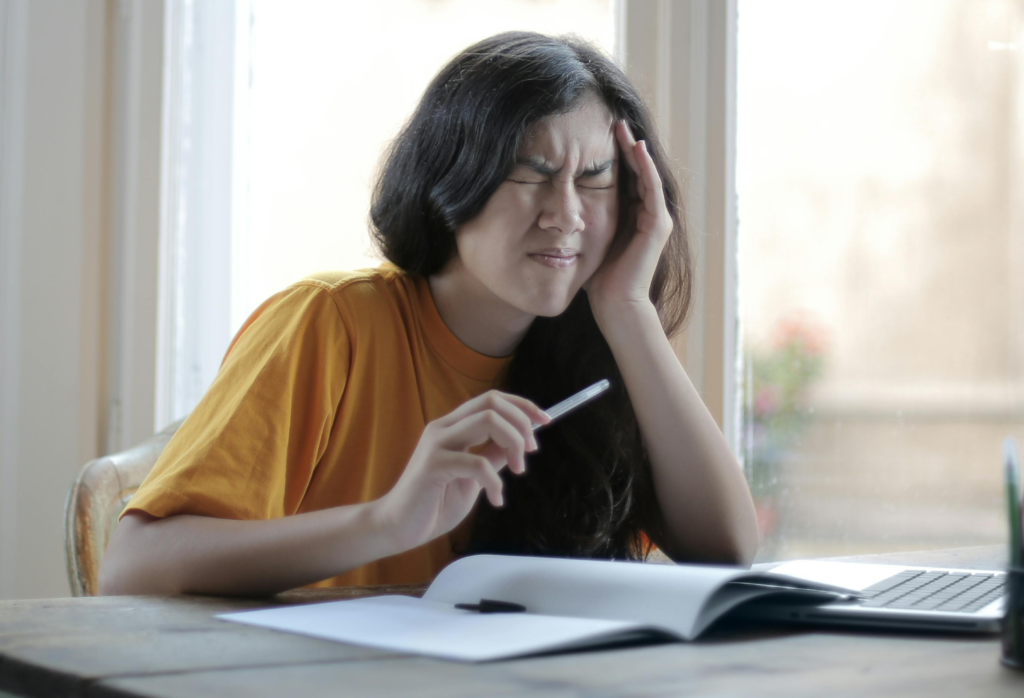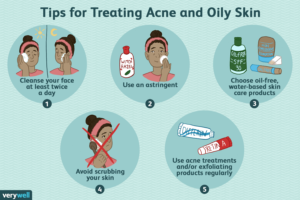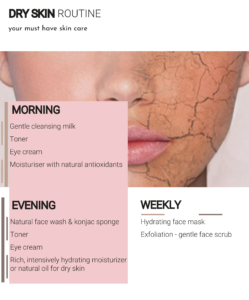
In this comprehensive guide, we’ll explore various strategies and tips for taking care of yourself during your menstrual period. From staying hydrated and eating nutritious foods to managing stress, practicing self-care, and seeking pain relief options, we’ll cover everything you need to know to support your body and mind during this time. Additionally, we’ll address common questions and concerns surrounding menstrual health and provide practical advice for maintaining hygiene, staying prepared with menstrual products, and promoting emotional well-being
Navigating the menstrual cycle is a natural part of life for many individuals. So taking self-care during menstruation is essential, yet it can sometimes come with its challenges and uncertainties. Taking care of oneself during menstruation is essential for maintaining overall well-being and managing the various physical and emotional changes that may arise.
Join us as we delve into the world of menstrual care and discover how small acts of self-care can make a significant difference in your overall well-being during your period
Steps to Self-Care During Menstruation
Taking care of yourself during your menstrual period can greatly alleviate discomfort and promote overall well-being. Here are some tips for Self-Care During Menstruation:
- Stay Hydrated: Drink plenty of water to stay hydrated, which can help reduce bloating and relieve cramps.
- Eat Nutritious Foods: Consume a balanced diet rich in fruits, vegetables, whole grains, and lean proteins to support your body’s needs during this time.
- Manage Stress: Practice relaxation techniques such as deep breathing, meditation, or yoga to reduce stress, which can exacerbate menstrual symptoms.
- Exercise: Engage in gentle exercises like walking, swimming, or yoga to improve circulation and alleviate cramps. However, listen to your body and avoid strenuous activities if you’re feeling fatigued.
- Use Heat Therapy: Apply a heating pad or take a warm bath to soothe menstrual cramps and muscle tension.
- Stay Clean: Change your sanitary products regularly to maintain hygiene and prevent infections. Wash your genital area with mild soap and water.
- Get Adequate Rest: Aim for 7-9 hours of sleep per night to support your body’s natural healing processes and reduce fatigue.
- Stay Prepared: Carry menstrual supplies such as pads, tampons, or menstrual cups with you to avoid any inconvenience when you’re out and about.
- Consider Pain Relief: Over-the-counter pain relievers like ibuprofen or acetaminophen can help alleviate menstrual cramps and discomfort. Always follow the recommended dosage and consult with a healthcare professional if you have any concerns.
- Practice Self-Care: Treat yourself with kindness and compassion during your period. Engage in activities that bring you comfort and relaxation, such as reading a book, watching your favorite movie, or spending time with loved ones.
Let’s expand on each point to create a more detailed guide for Self-Care During Menstruation
- Stay Hydrated: Drinking an adequate amount of water is crucial during your menstrual period. Not only does it help keep your body hydrated, but it also aids in reducing bloating and flushing out toxins. Aim to drink at least 8-10 glasses of water per day, or more if you’re particularly active or experiencing heavy bleeding. Herbal teas, such as chamomile or ginger tea, can also be soothing and hydrating options.
- Eat Nutritious Foods: Your body’s nutritional needs may vary during your menstrual cycle. Consuming a well-balanced diet can help alleviate symptoms and provide the necessary nutrients to support your overall health. Incorporate plenty of fruits and vegetables, whole grains, lean proteins (such as chicken, fish, tofu, or legumes), and healthy fats (found in foods like avocados, nuts, and seeds) into your meals. Foods rich in iron, such as leafy greens, beans, and fortified cereals, can help replenish iron lost during menstruation and prevent anemia.
- Manage Stress: Stress can exacerbate menstrual symptoms such as cramps, mood swings, and fatigue. Finding effective ways to manage stress is essential for your overall well-being. Practice relaxation techniques such as deep breathing exercises, meditation, progressive muscle relaxation, or yoga to promote a sense of calm and reduce stress levels. Engaging in hobbies or activities that you enjoy, such as painting, gardening, or listening to music, can also help distract your mind and alleviate stress.
- Exercise: Regular exercise is beneficial for managing menstrual symptoms and promoting overall health. Low-impact exercises such as walking, swimming, cycling, or gentle yoga can help improve blood circulation, reduce muscle tension, and alleviate cramps. Aim for at least 30 minutes of moderate-intensity exercise most days of the week, but listen to your body and adjust your routine based on how you’re feeling. If you experience severe pain or discomfort, it’s okay to take a break or engage in lighter activities.
- Use Heat Therapy: Applying heat to your abdomen or lower back can help alleviate menstrual cramps and provide relief from discomfort. Use a heating pad, hot water bottle, or warm towel and place it on the affected area for 15-20 minutes at a time. Taking a warm bath or using a heating patch can also be effective methods of heat therapy. The warmth helps to relax muscles, increase blood flow, and reduce pain associated with menstrual cramps.
- Stay Clean: Maintaining proper hygiene during your menstrual period is essential to prevent infections and promote overall health. Change your sanitary products (such as pads, tampons, or menstrual cups) regularly, ideally every 4-6 hours, to avoid bacterial growth and odor. Wash your genital area with mild soap and water regularly, especially before and after changing sanitary products. Avoid using scented products or harsh chemicals, as they can disrupt the natural pH balance of your vagina and increase the risk of irritation or infection.
- Get Adequate Rest: Getting enough rest is crucial for your body to recover and recharge, especially during your menstrual period when you may experience fatigue and discomfort. Aim for 7-9 hours of quality sleep each night to support your body’s natural healing processes and promote overall well-being. Create a relaxing bedtime routine to help you unwind and prepare for sleep, such as taking a warm bath, reading a book, or practicing relaxation techniques. If you’re having trouble sleeping due to menstrual symptoms, try using additional pillows to find a comfortable sleeping position or using relaxation techniques to promote relaxation.
- Stay Prepared: It’s essential to be prepared for your menstrual period, especially when you’re away from home. Keep a supply of menstrual products (such as pads, tampons, or menstrual cups) in your bag or purse so that you’re always ready when your period starts. Consider carrying extra supplies, especially if you anticipate heavy bleeding or prolonged periods. If you prefer using menstrual cups or reusable cloth pads, make sure to clean and sanitize them properly between uses to maintain hygiene and prevent infections.
- Consider Pain Relief: Menstrual cramps, also known as dysmenorrhea, are a common symptom experienced by many women during their periods. Over-the-counter pain relievers such as ibuprofen (Advil, Motrin) or naproxen (Aleve) can help alleviate menstrual cramps and provide relief from pain and discomfort. Follow the recommended dosage instructions on the medication label, and consult with a healthcare professional if you have any underlying health conditions or concerns. In addition to pain relievers, certain herbal supplements or remedies, such as ginger or turmeric, may also help reduce inflammation and alleviate menstrual symptoms. However, it’s essential to talk to your doctor before trying any new supplements, especially if you’re taking other medications or have existing health issues.
- Practice Self-Care: Taking care of your physical and emotional well-being is essential during your menstrual period. Be kind to yourself and prioritize self-care activities that make you feel good. Engage in activities that help you relax and unwind, such as reading a book, taking a warm bath, practicing mindfulness or meditation, or spending time with loved ones. Listen to your body’s cues and give yourself permission to rest and recharge when needed. Practicing self-compassion and nurturing your mind, body, and spirit can help you feel more resilient and empowered during your menstrual cycle.
To take Menstrual Cup please Visit Amazon
FAQs related to Self-Care During Menstruation
Q: Is it normal to experience mood changes during my period?
A: Yes, it’s common for many individuals to experience mood swings, irritability, or emotional changes during their menstrual period. Hormonal fluctuations, physical discomfort, and stress can all contribute to these mood changes. Engaging in relaxation techniques, regular exercise, and self-care activities can help manage mood swings and promote emotional well-being.
Q: How can I alleviate menstrual cramps without medication?
A: There are several non-medication methods to help alleviate menstrual cramps, including applying heat to the abdomen or lower back, practicing relaxation techniques such as deep breathing or meditation, engaging in gentle exercise like yoga or walking, and using herbal remedies such as ginger or chamomile tea. Experiment with different methods to find what works best for you.
Q: What should I do if I experience heavy bleeding during my period?
A: Heavy menstrual bleeding, also known as menorrhagia, can be concerning and may indicate an underlying medical condition. If you experience consistently heavy bleeding that interferes with your daily activities, or if you pass blood clots larger than a quarter, it’s essential to consult with a healthcare professional. They can evaluate your symptoms, determine the underlying cause, and recommend appropriate treatment options.
Q: Are there certain foods I should avoid during my period?
A: While there are no specific foods that you need to avoid during your period, some individuals find that certain foods can exacerbate menstrual symptoms such as bloating, cramps, or mood swings. These may include highly processed foods, sugary snacks, caffeine, and foods high in sodium. Instead, focus on consuming a balanced diet rich in fruits, vegetables, whole grains, lean proteins, and healthy fats to support your overall health and well-being.
Q: Can exercise help with menstrual symptoms?
A: Yes, regular exercise can be beneficial for managing menstrual symptoms such as cramps, bloating, and fatigue. Engaging in low-impact exercises such as walking, swimming, cycling, or yoga can help improve blood circulation, reduce muscle tension, and alleviate discomfort. Aim for at least 30 minutes of moderate-intensity exercise most days of the week, but listen to your body and adjust your routine based on how you’re feeling.
Q: Is it safe to use menstrual cups or tampons overnight?
A: Both menstrual cups and tampons can be safely used overnight, but it’s essential to follow the manufacturer’s instructions and change them regularly to prevent leakage and reduce the risk of infection. Menstrual cups can typically be worn for up to 8-12 hours, depending on your flow, while tampons should be changed every 4-8 hours to avoid bacterial growth. If you prefer using pads, choose overnight pads with extra absorbency for added protection while you sleep.
These FAQs cover some common concerns and questions related to menstrual care, but remember that everyone’s experience is unique. If you have specific questions or concerns about your menstrual health, don’t hesitate to speak with a healthcare professional for personalized advice and guidance.





[…] you can also visit […]